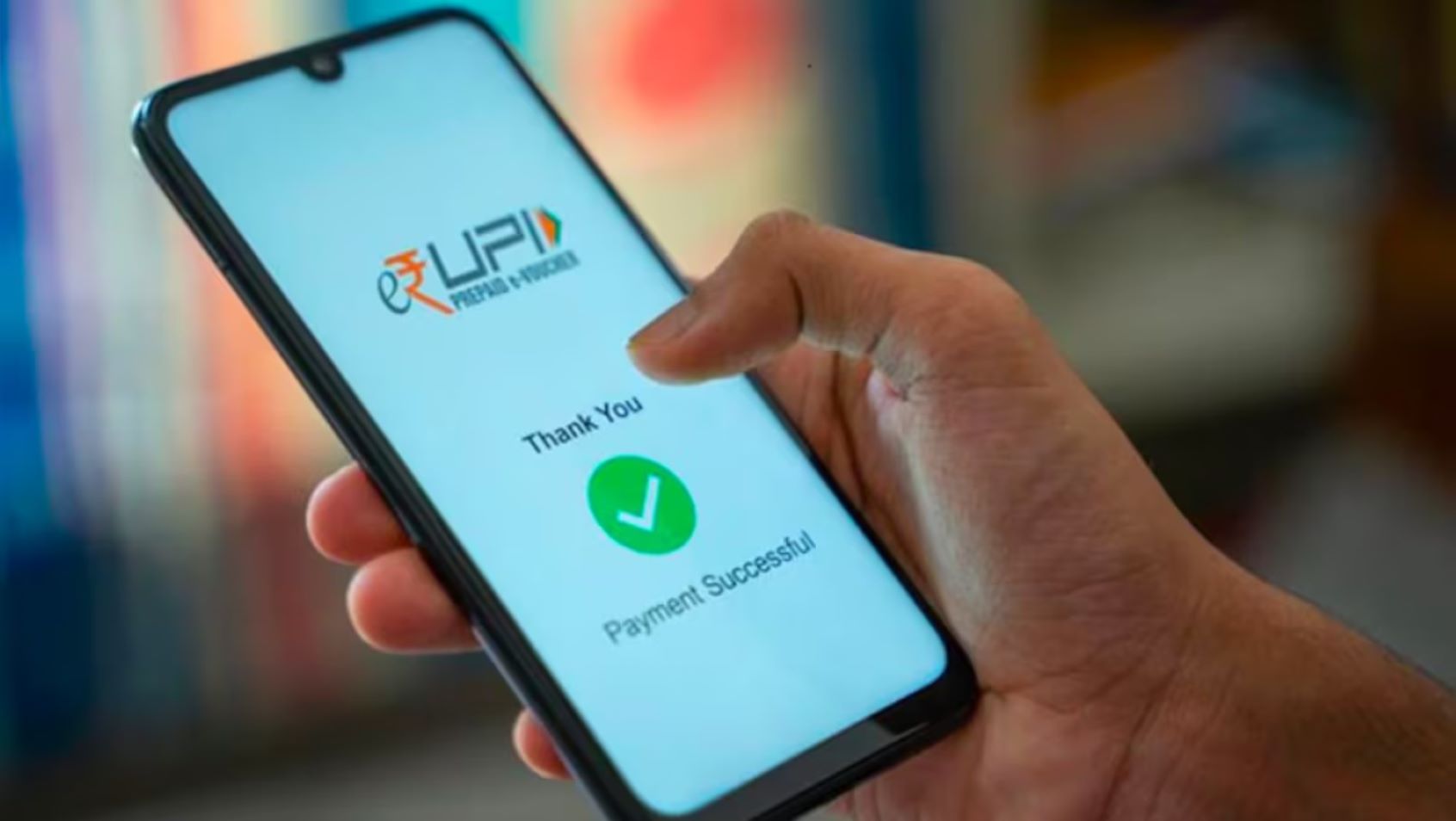India’s Unified Payments Interface (UPI) has already answered the question, “Can it pay?” The answer is a clear yes. For millions of Indians, UPI is no longer a novelty but a part of everyday life. Now, as the system continues to evolve, the question is shifting. With new Artificial Intelligence (AI) features entering the picture, the focus has turned toward “How should it pay?”
This transformation comes as the National Payments Corporation of India (NPCI) and the Reserve Bank of India (RBI) introduce AI-driven tools such as conversational payments and automated support systems. These updates are doing more than adding convenience. They are prompting important conversations about trust, safety, and responsibility in the age of digital payments.
Key Takeaways
- UPI now includes AI-powered features like “Hello! UPI” for voice-based payments in both Hindi and English.
- NPCI has launched “UPI Help,” an AI assistant that assists users in logging complaints and tracking transaction status.
- The conversation has shifted from UPI’s ability to function toward issues of AI ethics, accountability, and user trust.
- “Hello! UPI” enhances accessibility by working on both smartphones and feature phones through a simple phone call, even without an internet connection.
From Taps to Conversation
Perhaps the biggest change users will notice is the shift from touch-based payments to voice-driven ones. The RBI and NPCI’s new feature, “Hello! UPI,” allows people to make payments just by speaking. Instead of opening an app and navigating menus, users can say, “Pay ₹500 to Suresh.” At present, it supports Hindi and English, but more Indian languages are expected soon.
This is a direct step toward making digital payments more inclusive. It is especially beneficial for users who may find mobile apps difficult to use or are more comfortable speaking than typing. What’s more, the feature also works through a regular phone call. That means even those with simple feature phones and no internet access can make UPI transactions.
At the same time, NPCI is introducing AI to solve one of the biggest pain points users face: failed transactions and complaint handling. The new “UPI Help” feature is powered by AI and allows users to check transaction status, lodge complaints, and get instant answers to common queries. It also helps manage recurring payments such as UPI AutoPay, giving users the ability to pause or cancel subscriptions directly.
The New Questions of Trust and Safety
These new capabilities take UPI well beyond being a simple payment tool. As AI becomes an active participant in the payment process, it raises new questions about how much control and understanding users have over these systems. AI is already being used behind the scenes to strengthen security and detect suspicious activity, but its growing visibility has made users more aware and, in some cases, more cautious.
Public reactions online suggest a mix of curiosity and concern. Some people wonder if AI is necessary in a system that already works smoothly, while others worry about errors or misjudgments by an automated system. Experts believe this conversation is essential, as the question has shifted from what AI can do to how it should operate responsibly.
The “how” in “How should it pay” involves several key considerations:
Accountability
If an AI assistant misunderstands a command or wrongly blocks a payment, who is to blame? This is where the idea of “explainable AI” becomes important, meaning systems should be able to clarify why they made certain decisions.
Privacy
AI systems rely on analyzing data to detect fraud or unusual patterns. This makes privacy protection crucial. Users need clear assurance that their data will be handled safely, with strict limits on how it is used and stored.
Bias
AI models learn from data, and if that data is not properly curated, biases can emerge. Experts warn that such biases could lead to unfair outcomes, affecting access to financial services for some users.
The RBI has already issued guidance on AI model governance, showing that regulators are taking these issues seriously. The real challenge now lies in finding the right balance. India aims to use AI not only to make payments smarter but also to make them more transparent, fair, and inclusive.
Ultimately, the success of this next phase of UPI will depend on trust. It is not just about whether AI can help make payments easier but whether people can trust it to do so responsibly. And perhaps that is the real question ahead, not just how UPI pays, but how it should.
Frequently Asked Questions (FAQs)
Q. What is Hello! UPI?
A. Hello! UPI is a new feature from NPCI that lets you make UPI payments using voice commands. You can speak in Hindi or English to send money or check your balance, instead of tapping buttons on an app.
Q. Do I need internet to use Hello! UPI?
A. It works in two ways. You can use it within your smartphone’s UPI app, which requires internet. You can also use it by making a phone call to a designated number, which works on basic feature phones and does not require an internet connection.
Q. What is UPI Help?
A. UPI Help is an AI-powered customer support assistant for UPI. You can use it to ask questions, check the status of a stock transaction, or file a complaint. It is designed to provide faster help to users.
Q. Is using AI for UPI payments secure?
A. The system still uses the secure UPI PIN for final authorization of all transactions. AI is also being used to add another layer of security by monitoring for and flagging suspicious activity in real-time.
Q. Why are people concerned about AI in payments?
A. The main concerns are about trust, accountability, and privacy. People worry about what happens if the AI makes a mistake, how their transaction data is being used, and whether the AI’s decisions are fair and explainable.



















